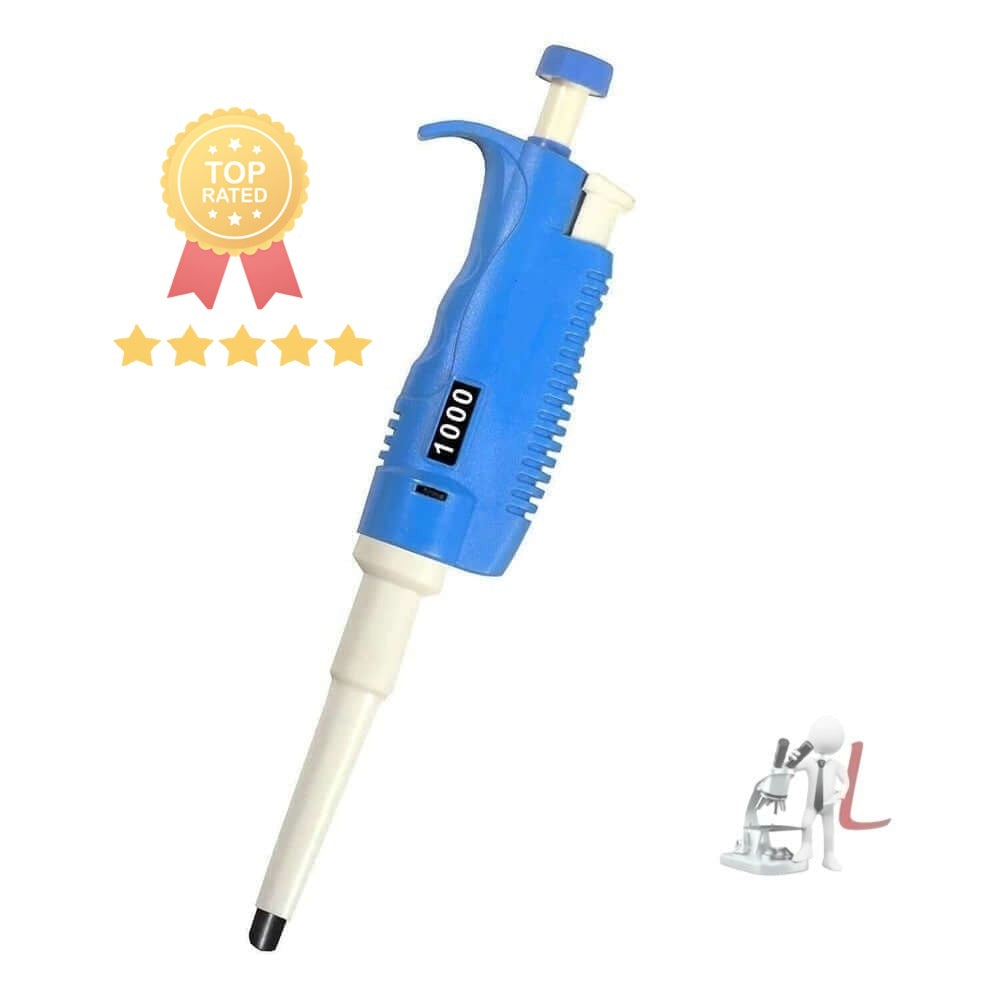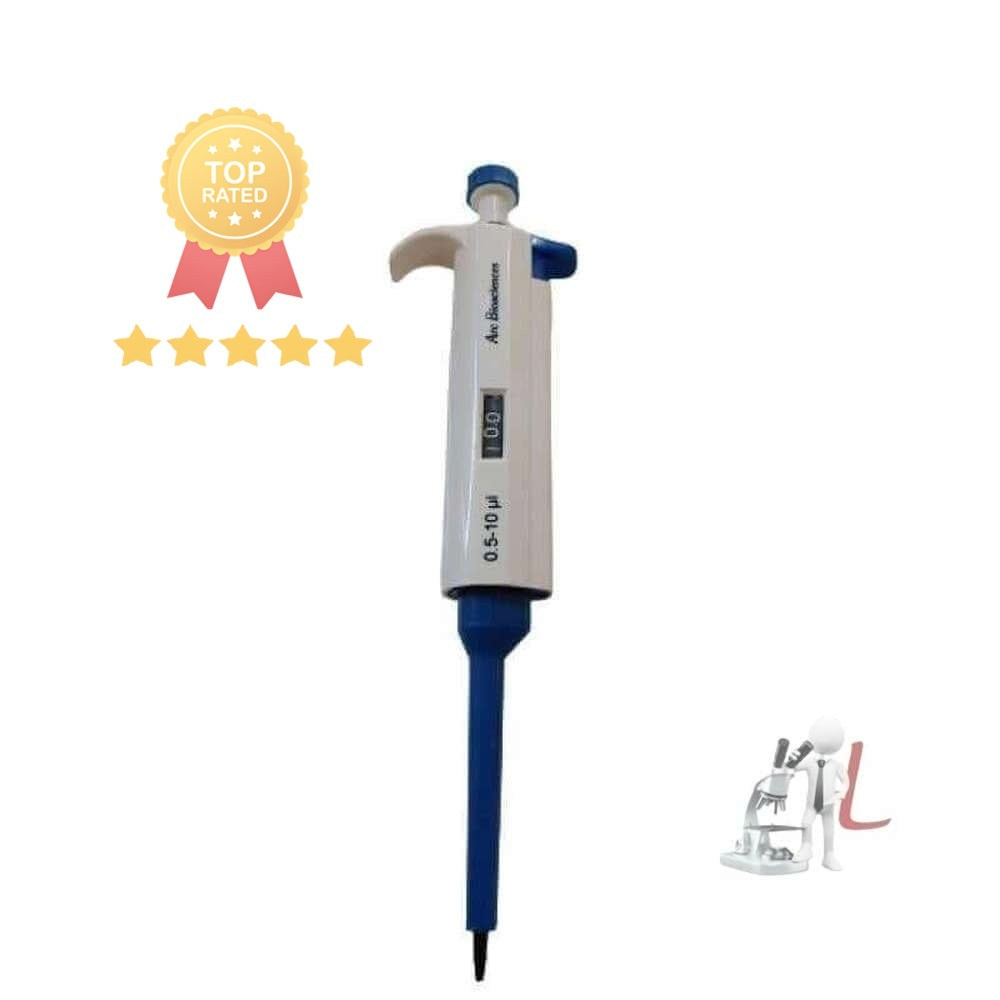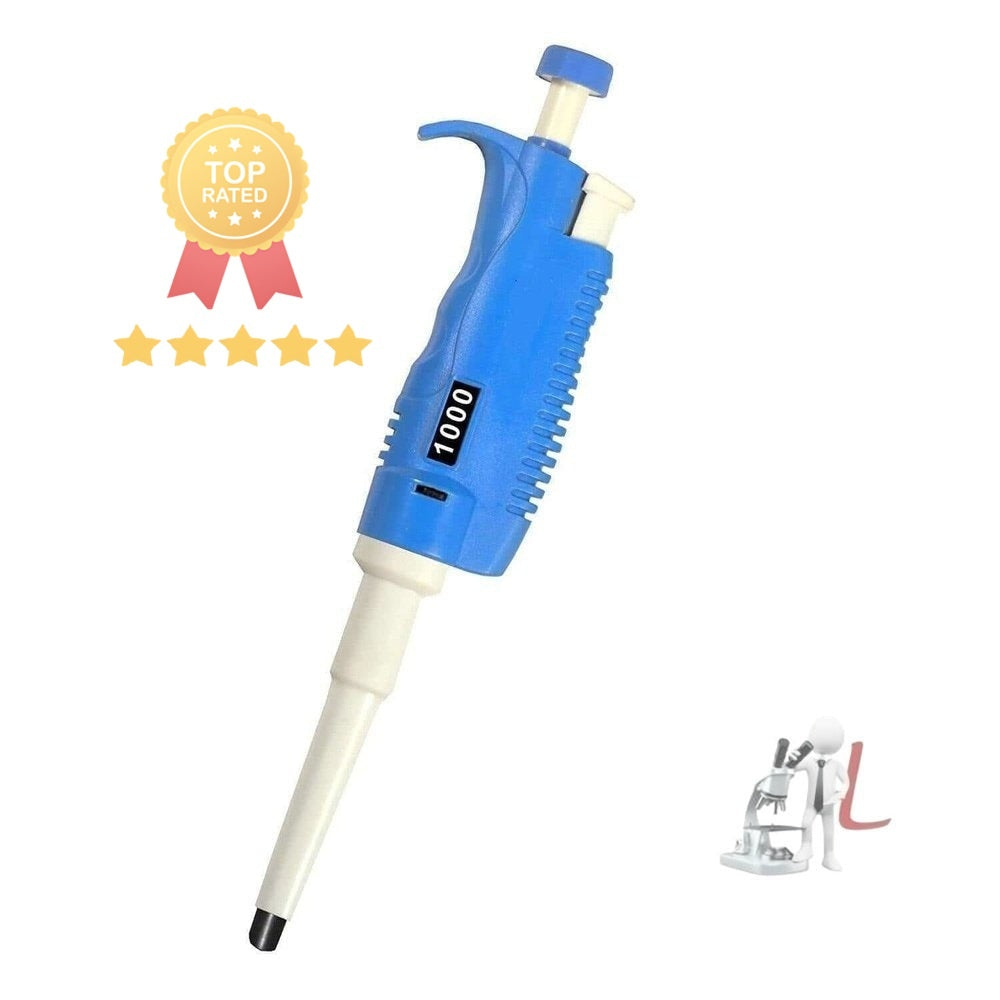Livestock Production Management
Livestock Production Management is a critical aspect of the agricultural industry that plays a vital role in ensuring food security and sustainability. Effective management practices are essential for enhancing productivity and profitability while also maintaining animal welfare and environmental stewardship. This intricate field involves various strategies that encompass the breeding, feeding, health care, and overall management of livestock.
In today's fast-paced agricultural sector, farmers and livestock managers are challenged with the need to maximize output while minimizing input costs. Livestock Production Management incorporates advanced techniques in genetics, nutrition, and veterinary care to optimize production levels. By employing these strategies, livestock producers can meet the rising global demand for animal products.
The first step in effective Livestock Production Management is proper planning and goal setting. Establishing clear objectives helps farmers to focus their resources and efforts on achieving specific outcomes. These objectives may vary from improving herd health to increasing milk or meat production. Key performance indicators (KPIs) are essential for monitoring progress and making informed decisions throughout the production cycle.
Nutritional management is another cornerstone of Livestock Production Management. Animals require a balanced diet to grow, reproduce, and produce milk or meat efficiently. Utilizing feed that meets the specific nutritional needs of the livestock can significantly enhance performance. For example, dairy cattle require diets rich in carbohydrates, proteins, and minerals to maximize milk yield, while beef cattle need high-energy diets for optimal growth rates.
Breeding strategies are also crucial in enhancing the genetic potential of livestock. Selective breeding programs can lead to genetic improvements in traits such as growth rate, feed efficiency, and disease resistance. In the context of Livestock Production Management, breeders may use artificial insemination and embryo transfer technologies to accelerate genetic progress and improve herd quality.
Animal health management is paramount in Livestock Production Management. Regular health checks, vaccination programs, and biosecurity measures are essential to prevent disease outbreaks that can devastate livestock populations. Keeping the animals in a stress-free environment and providing a comfortable living space contributes to their overall well-being, resulting in better production outcomes.
Technology plays an increasingly important role in Livestock Production Management. Precision livestock farming involves the use of sensors, data analytics, and automation to monitor individual animal performance. These technological advancements allow for real-time data collection and analysis, which in turn informs management decisions that can enhance productivity and reduce resource wastage.
Sustainable practices are becoming essential components of Livestock Production Management. Environmental concerns related to livestock production, such as greenhouse gas emissions and land degradation, necessitate the adoption of sustainable techniques. Integrating crop and livestock systems, improving pasture management, and utilizing manure as a resource are effective strategies to promote sustainability in livestock operations.
Market dynamics also influence Livestock Production Management. Understanding market trends and consumer preferences is crucial for aligning production practices with demand. Farmers must stay informed about changing regulations, price fluctuations, and emerging markets to make timely adjustments in their production strategies.
To conclude, Livestock Production Management is a multifaceted discipline that requires a combination of scientific knowledge, practical skills, and strategic thinking. By implementing effective management approaches, livestock producers can boost productivity, ensure animal welfare, and contribute to sustainable food production. Continuous learning and adaptation to new challenges are vital for success in this ever-evolving field.
Filter
Sort by















